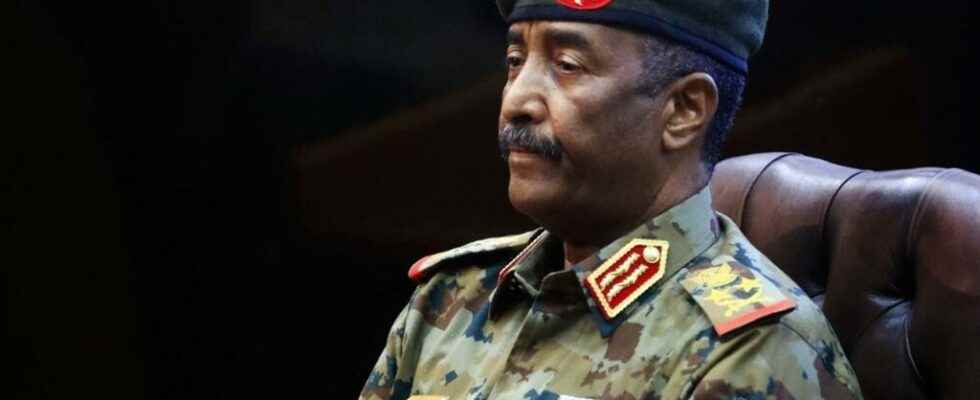The military authorities decreed on Sunday May 29 the lifting of the state of emergency imposed on October 25 during the coup which had put an end to the democratic transition initiated with the fall of Omar el-Bashir.
With our correspondent in Khartoum, Elliott Brachet
The decree lifting the state of emergency was signed by General Burhane the day after another day of bloody repression. On Saturday, two protesters opposed to the coup were killed by security forces. Violence denounced the same day by the representative of the UN mission in Khartoum, Volker Perthes. ” Once again, it is time to lift the state of emergency and find a peaceful solution to this crisis. “, he had declared.
The junta’s decision therefore appears to be a gesture of appeasement vis-à-vis the international community. The putschists who have lost the financial support of international donors are looking for a way out after seven months of stagnation, with an economy on the brink of the abyss. They say they are ready to participate in the mediation attempts overseen by the UN, the African Union and Igad. For the moment, these talks, which are entering their second phase, have yielded no results.
They are moreover rejected by a large part of the revolutionary movement which refuses a new agreement with the army. Resistance committees say lifting the state of emergency is window dressing in an attempt to calm people’s minds as they announced a revolutionary escalation this week to commemorate three years since the June 3, 2019 massacre where more than 130 people were killed while Generals Burhane and Hemetti were already in command of the country. From tomorrow demonstrations are announced in the capital.
■ Will political prisoners be released?
The junta, which had got rid of its civilian partners, now claims to want to create favorable conditions for dialogue with all the political components of the country. The authorities thus promise the release of political detainees arrested under the exceptional regime. A decision greeted with skepticism by the collectives of lawyers who have been fighting voluntarily for seven months against arbitrary detentions.
We consider it window dressing. So far there are still people detained under the state of emergency. For example, we tried to free those who were arrested on Saturday during the demonstrations in Kalakla. They are detained in different police stations. When we heard the news of the lifting of the state of emergency we went to inquire about their situation. We were told that they could not be released because orders came from a higher level. We are waiting to see what will happen in the coming days. But I don’t think that will change anything. This is a strategy for the junta which wants to whiten its image in the eyes of the world: they are lifting the state of emergency to ease international pressure. But that doesn’t mean they’re going to stop the arrests. It’s the same as under the regime of Omar al-Bashir. They lifted the state of emergency, released prisoners before putting new ones behind bars. We do not believe that the human rights situation will improve in Sudan.
Abdelsalam Saboune, lawyer for the emergency committee
